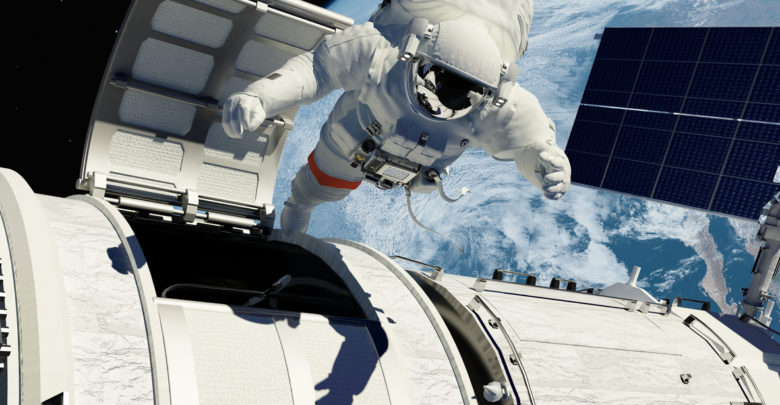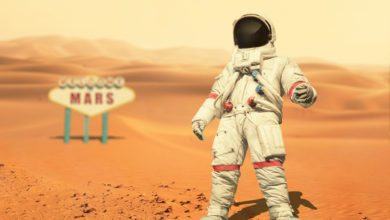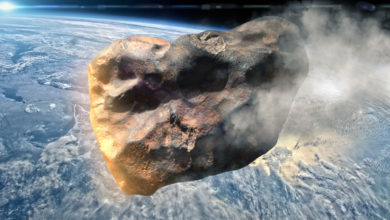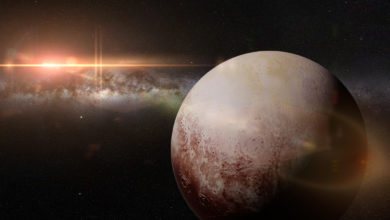Science
Long Space Trips Can Harm Astronauts’ Intestines Leading To Stomach & Colon Cancer- Study
Function of gastrointestinal tissues gets altered if they are exposed to galactic cosmic radiation for a longer period

If a new NASA funded study is to be believed exposure to space radiation during long trips, like a trip to Mars, can harm astronauts’ intestines and result in stomach and colon cancer.
The research study conducted by a group of cancer researchers at Georgetown University Medical Center has found that the function of gastrointestinal tissues gets altered if they are exposed to galactic cosmic radiation (GCR) for a longer period. Surprisingly, in some cases, it could even to astronauts developing cancerous tumors in the stomach and colon. Notably, people living on Earth are not affected by GCR as they are being protected by the planet’s magnetosphere.
For the purpose of the study, the research team exposed mice to a low dose of iron radiation, which mimics the galactic cosmic radiation found in deep space, at the NASA Space Radiation Laboratory (NSRL) in New York. It was found that the mice that were exposed to that type of radiation had permanent damage to their gastrointestinal tracts and weren’t able to adequately absorb nutrients from food. Some even developed cancerous growths in their intestines. On the other hand, the control group mice that were only exposed to gamma rays didn’t show the same symptoms.
“While short trips, like the times astronauts traveled to the moon, may not expose them to this level of damage, the real concern is lasting injury from a long trip such as a Mars or other deep space missions which would be much longer,” said Kamal Datta, head of Georgetown’s NASA Specialized Center of Research.
The study raises new, serious questions about how the health of astronauts going on a long space trip to Mars will be taken care of.
“We have documented the effects of deep space radiation on some vital organs, but we believe that similar damage responses may occur in many (other) organs,” Datta said. “It is important to understand these effects in advance so we can do everything we can to protect our future space travelers.”
The research has been published in the Proceedings of the National Academy of Sciences of the United States of America (PNAS).






